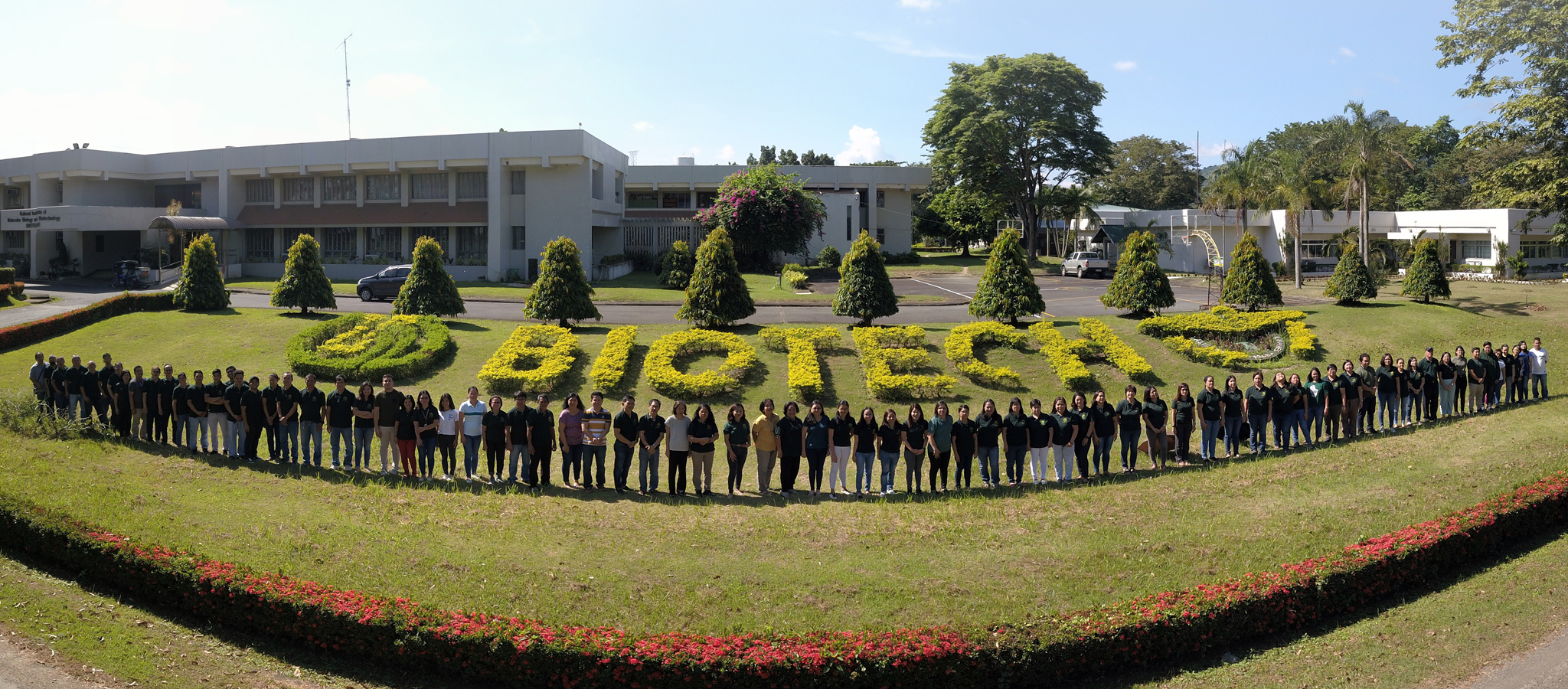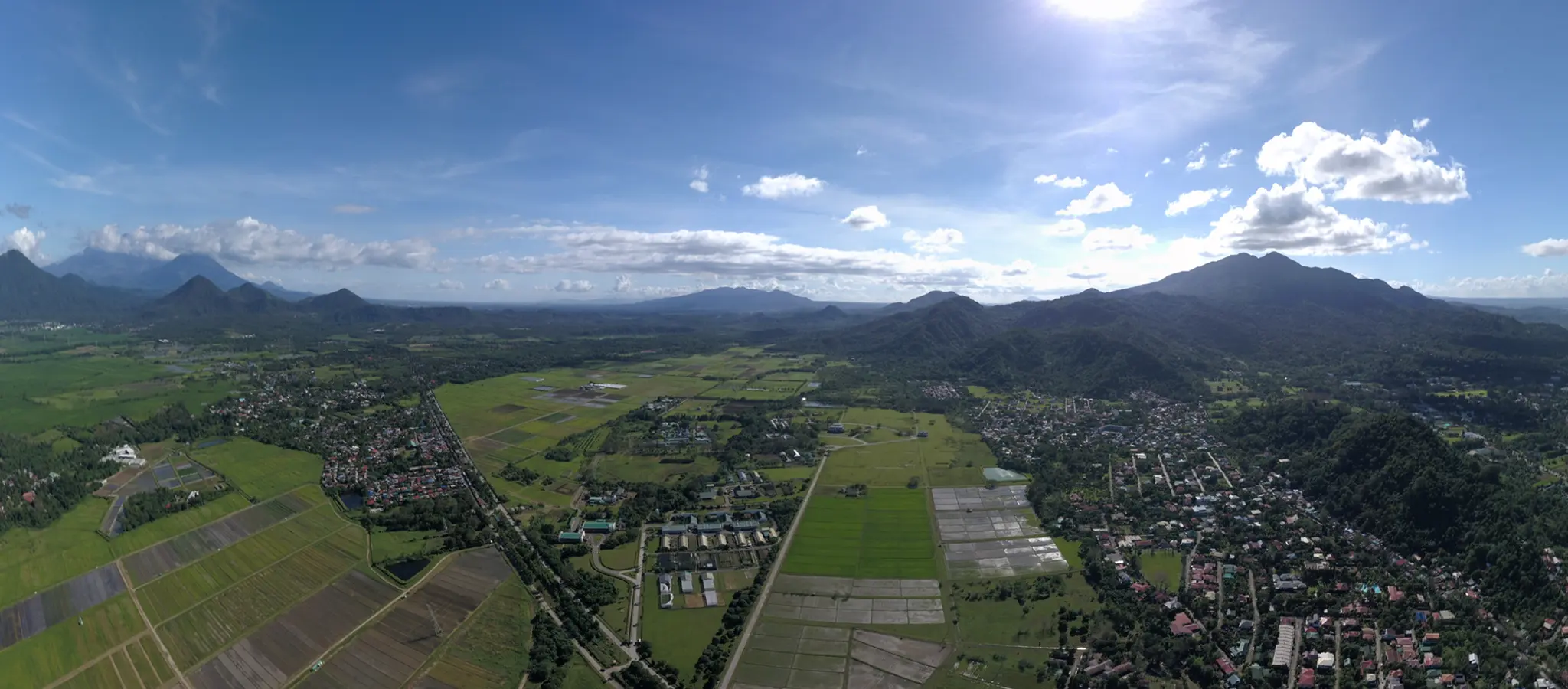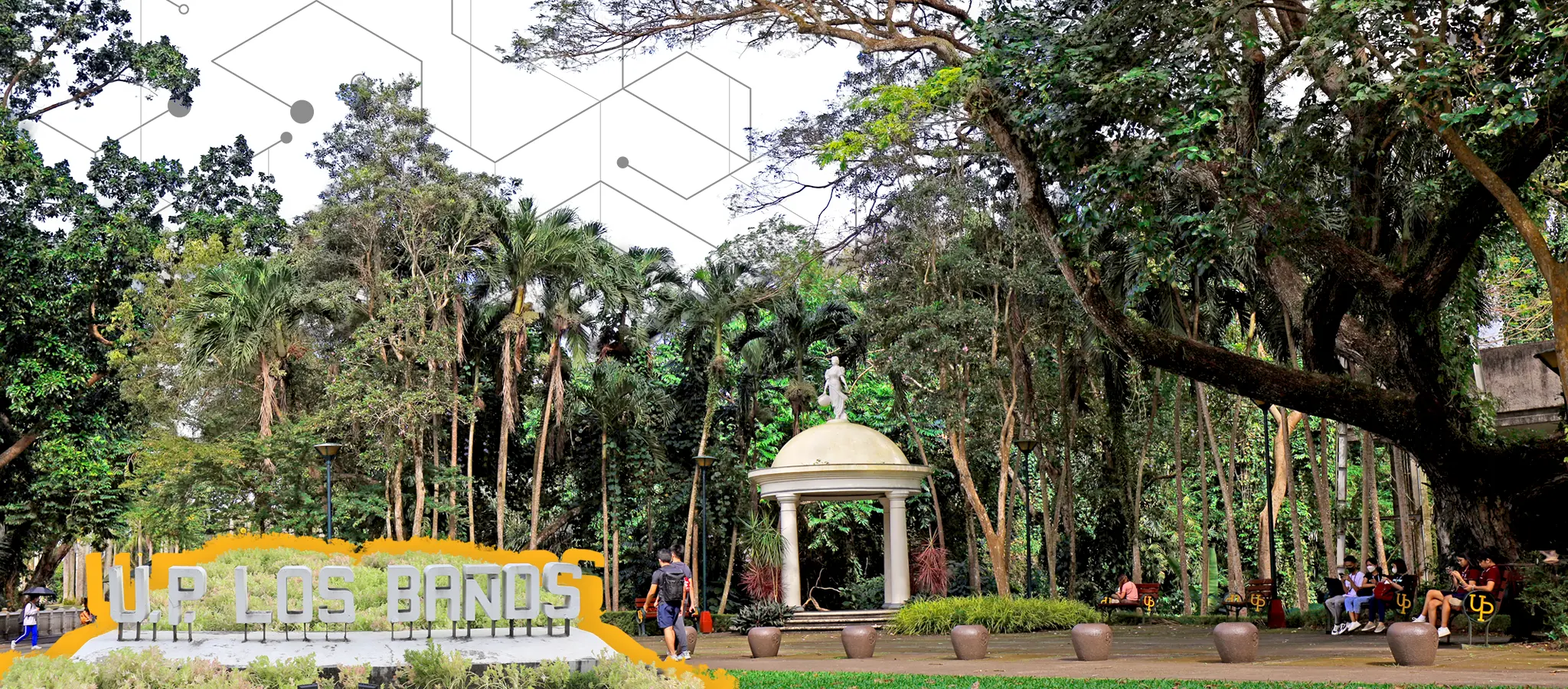
UPLB’s annual roster of recipients of awards for outstanding personnel and team is never complete without at least one name from the National Institute of Molecular Biology and Biotechnology (BIOTECH).
But as Greek philosopher Aristotle famously said, the whole is greater than the sum of its parts. So is BIOTECH’s reputation in the research world being definitely an offshoot of a concerted effort towards excellence.
A case in point is its certification of quality from the International Organization for Standardization (ISO). In the words of its past director, Scientist Rosario G. Monsalud, “walang nagpaiwan” (no one was left behind at BIOTECH) as its seven programs, 22 laboratories, and more than 200 staff pursued a new milestone together–securing the ISO 9001:2015 certificate for the 40-year-old institute.
The ISO certificate effective June 18, 2018 to June 17, 2021 is a stamp of quality that assures BIOTECH’s clients that it is able to provide quality products and services and improve over time while the institute optimizes its resources.
It signifies that BIOTECH’s technical and laboratory services, and research and development, and extension activities in relation to agriculture, food, forestry, industry, environment, and energy are certified to be operating under a management system that subscribes to international standards.
This is not the first ISO certification for BIOTECH. Two of its laboratories–the Central Analytical Services Laboratory and the Philippine National Collection of Microorganisms–were awarded the ISO/IEC 17025:2005 in 2014 and 2015, respectively. These also served as UPLB’s first ISO certificates.
Dr. Fidel Rey Nayve, Jr., research assistant professor and program leader of BIOTECH’s Technical Services Program, said that preparing for ISO certification normally takes two years. But BIOTECH did it in four months because years prior, it had set its focus on self-organization, planning, and documentation.
BIOTECH had a system in place and had produced viable plans in previous strategic planning sessions, which they were able to use in applying for ISO certification.
The personnel also prepared themselves mentally for the application process. They participated in training sessions to orient themselves on the rationale, implications, and benefits of ISO certification. Training on internal audit and documentation were also undertaken to put everybody on-board.
According to Dr. Monsalud, who spearheaded the application as its then director, becoming ISO-certified is strategic to improving the institute’s overall performance and documenting its progress and activities as basis for future development.
“ISO [has taught us that] when you do planning, you have to look at possible risks if plans would not materialize,” Dr. Monsalud said.
“As a group, we are able to organize and prioritize our projects,” added Dr. Susana M. Mercado, also a research assistant professor and head of the Biotechnology for Food, Feed, and Specialty Products Program.
Scientist Edwin Alcantara, who leads the Biotechnology for Natural Products Program, also noted that planning as a whole unit helped them focus everyone’s efforts toward achieving the overall vision of the Institute.
“Of course, each program has its own particular goals,” said Dr. Alcantara. “Having an organized system helped us facilitate all of these goals toward our main vision.”
Beyond making plans, BIOTECH also developed a culture of ‘check and balance’ to make sure that they follow through on their official protocols.
External auditing is part of maintaining their ISO certificate, a practice that they say helps keep them on their toes. In May 2019, BIOTECH passed its first round of annual surveillance audit, securing their certification for another year and proving once again their united commitment to quality service.
The ISO monitoring and audit, Dr. Monsalud added, also institutionalized regular equipment calibration which is key to accuracy in experimentation, as well as staff development and retooling through regular trainings, to ensure that knowledge and skills are up to date.
Standardizing documentation also extends to their general records keeping, making historical data easily accessible, whenever they need it.
In two more years, BIOTECH will be facing the ISO re-certification process after its first certificate expires. With the combined wisdom, talent, and commitment from the institute’s workforce, “Team BIOTECH” can certifiably slay this challenge
and more.
Photo by Christopher V. Labe
Share this on:



